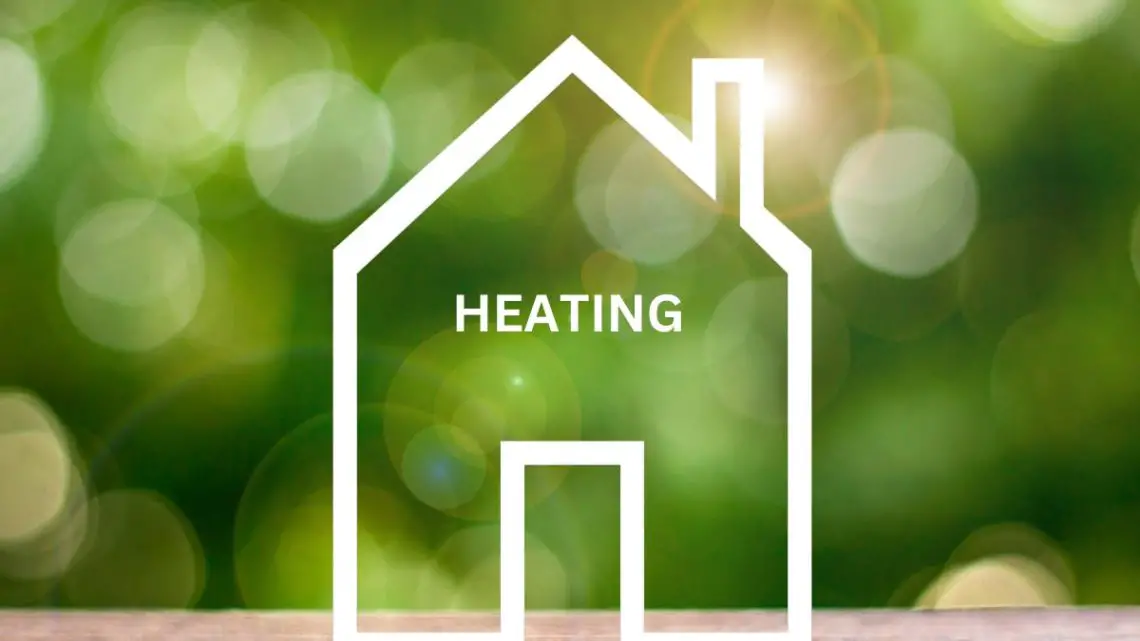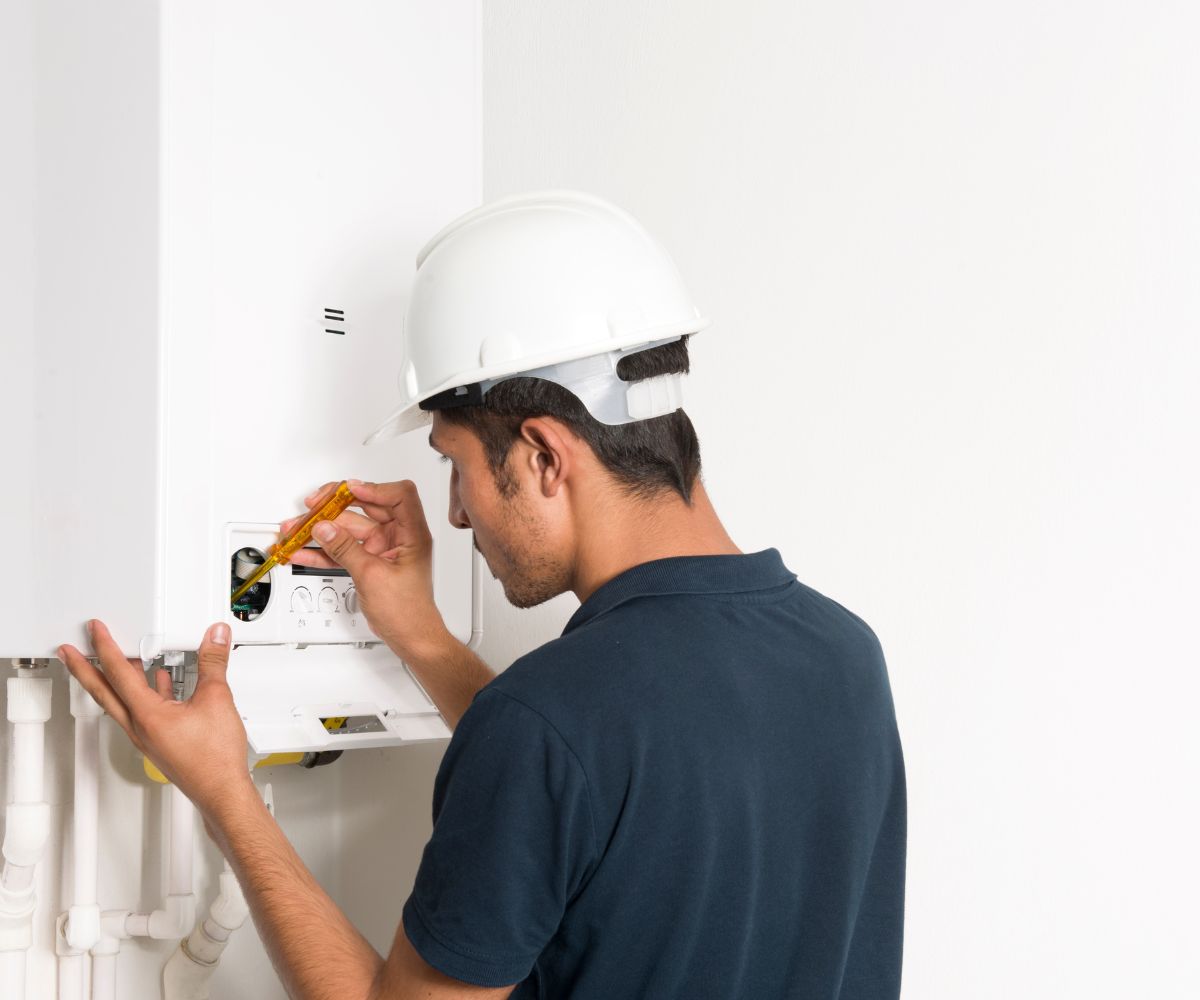
Low-carbon heating: What are the options?
June 23, 2023The climate crisis has convinced both individuals and institutions that reducing emissions is the only way to ensure a sustainable future. However, achieving net zero emissions is more complex than it may seem at first glance. This all-encompassing goal involves changing fundamental aspects of daily life, which could bring potential disruptions initially. Yet, it is necessary to ensure future generations can live safely and thrive, protecting biodiversity and improving living standards for the global population.
One of the most critical aspects is integrating eco-friendly heating options and replacing the previous systems using coil and oil as fuel. There are several options available that could be integrated into households, as well as businesses, factories and office spaces. Choosing the right one largely depends on your specific requirements and the space and resources at your disposal.
Let’s examine some of the most popular options.
Boilers
There are many advantages to getting a boiler for heating. The first and most important is that they save energy, a crucial aspect of promoting sustainability. Although the upfront installation costs might be slightly more elevated, running a boiler costs less in the long term. The same is true for most sustainable options, in that the initial price is higher, but you get something that provides higher quality and is overall more durable. And since you can use it for longer, the costs are reduced overall.
Some businesses often opt for temporary steam boilers as the primary option when looking for a provisional solution. Boilers have fewer costs for companies as well, as they are typically sturdy and don’t require a great deal of maintenance work. There’s rarely a need for significant repair work during a boiler’s lifespan, making them one of the most reliable options out there.
Heat distribution is also more even when a boiler is used. While it can take a while for the heat to fill the whole space with other systems, the heat radiates consistently when it comes to a boiler. There are several environmentally-friendly options when it comes to the fuel you use for your temporary boiler, including:
- Electricity: These boilers are compact, making them the ideal option for rooms dealing with space constraints. However, their smaller size doesn’t mean they don’t do the job well. Electric boilers are one of the most efficient solutions you could opt for. They are also mostly noiseless, meaning they won’t cause any disturbance.
- Biomass: The biomass that is burned to generate heat for this type of boiler comes in the form of wood pellets, typically sustainably-sourced ones. While electrical solutions suit smaller buildings, biomass boilers lend themselves well to larger spaces. However, they’re more likely to be noisier.
- Micro combined heat: These boilers typically use gas, yet they still generate lower emissions because they simultaneously provide heat and electricity. The maintenance costs of such a system are comparable to those of traditional boilers, and they can be an essential addition for those looking to reduce their carbon footprint and stop relying so heavily on the grid.
Solar Heating
Solar energy is one of the most common types of green power. When most people think of environmentally-friendly solutions, they immediately picture solar panels. It can be used to create energy and is also a great heating option. There are two types of solar heating, active and passive. Each comes with its particular differences.
- Active heating uses mechanical tools that collect and distribute the energy throughout the building to heat the space.
- Passive heating relies on architectural choices that can be used to heat a building. Insulation, large windows and interior finishes are all used to absorb sunlight and then radiate the heat back into the home.
The potential for solar water or air heating systems is naturally higher in sunnier areas. For instance, in the UK, the southern coasts of England and Wales could use solar energy more readily than Northern Ireland or the Scottish Highlands. However, that doesn’t necessarily rule out the implementation of solar-fueled appliances and systems; it just means that the regions that see less sunlight would have to rely on other sustainable methods to supplement their needs.
Heat pumps
use a refrigeration cycle to transfer thermal energy from an external source. Most heat pumps are environmentally friendly, with a low amount of resulting emissions. And although the mechanism is typically the same, the heat source used in each case will usually point towards differences in performance and, ultimately, in the costs as well.
- Air source pumps draw energy from the air outside. They are the most cost-effective option and generally don’t take up a lot of space.
- Water source heat pumps are somewhat more expensive. However, they provide steady heating if the water source is at least 41F. If it gets colder during the winter and the water could freeze, you’ll require a backup system.
- Ground source: The most expensive option, ground source heat pumps are also considered the most efficient and reliable choice. That’s because these boilers rely on soil temperature, which remains constant throughout the year.
Combining technologies
In some cases, just one system won’t be enough. One of the main reasons for this is that the natural resources available might differ or are only readily available during certain seasons. In such a situation, more renewable options can be used concomitantly. Some systems can readily complement each other, as well. For instance, heat pumps and solar heating typically go well together.
The choice you make depends on your budget, as well as the sizing constraint and the disruption you are comfortable with, as installing a new system will cause some mild disturbance. As such, there’s no one-size-fits-all solution for the heating system you should get. Before you settle on an option, make sure to do your research and carefully weigh all the pros and cons. You can discuss with those that adopted a greener heating system before you, so you have a better idea about what you can expect as you take a substantial step towards helping and preserving the planet.



 With over 15 years of reporting hydrogen news, we are your premier source for the latest updates and insights in hydrogen and renewable energy.
With over 15 years of reporting hydrogen news, we are your premier source for the latest updates and insights in hydrogen and renewable energy.